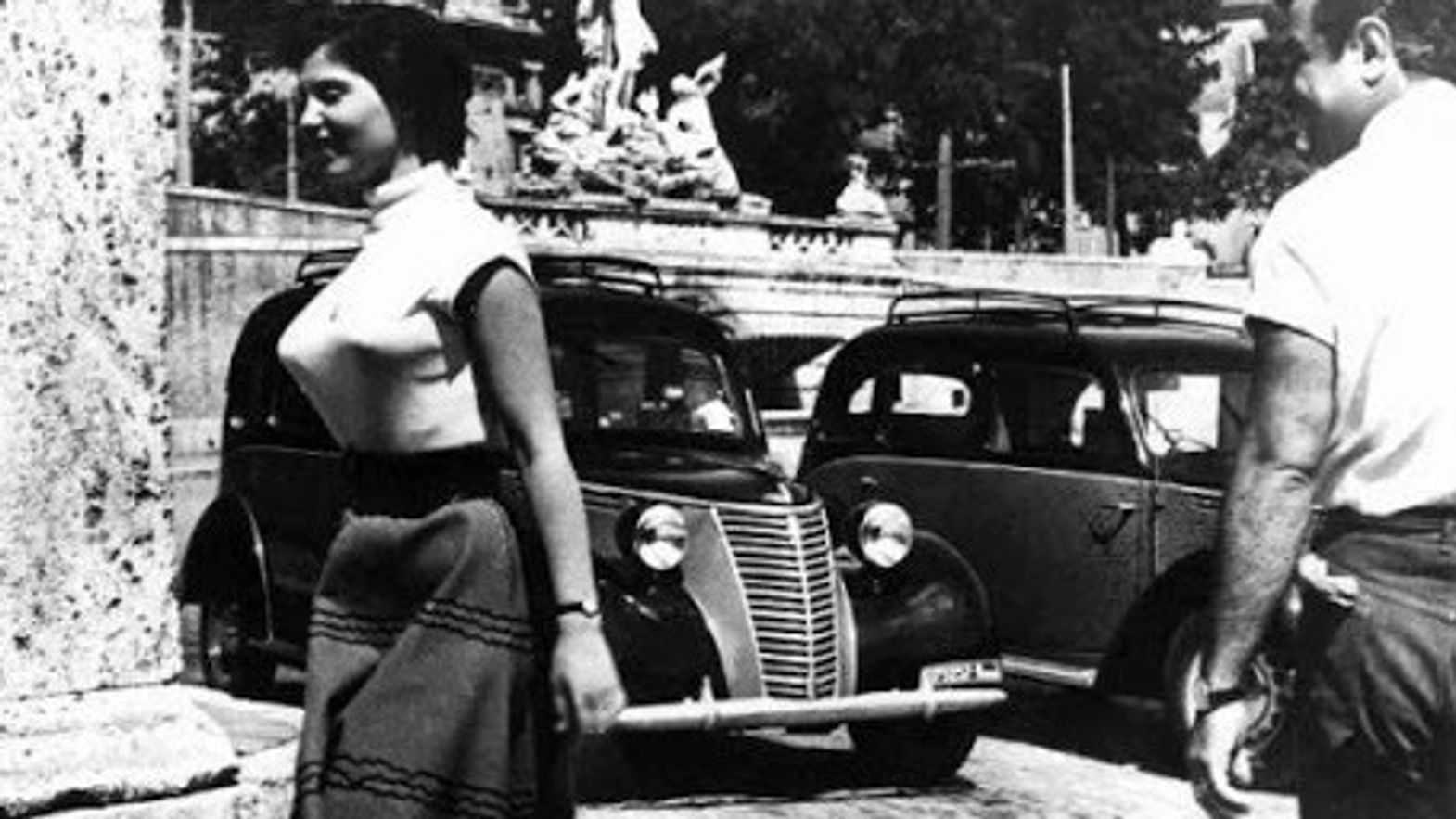
Conceived by Neorealist screenwriter Cesare Zavattini as a window into the pleasures and sins of cosmopolitan life, the anthology L'amore in città (Love in the City) features segments from the likes of Federico Fellini and Michelangelo Antonioni.
Relatively lighter than the preceding vignettes, which venture into taboo terrains such as prostitution and suicide, Alberto Lattuada’s closing chapter Gli italiani si voltano is a comical examination of the complex gendered dynamics existing in 1950s Italy. Almost entirely devoid of dialogues, this 15-minute slice of modern living candidly gazes on the young women strutting on the sidewalks and the numerous men who openly gawk at and lust after their swaying figures. Set to a whimsical score, this cinematic tableau can feel rather dated and shocking.
And yet, Lattuada's deliberately over-the-top fixation with the daily objectification of women on these urban streets also doubles as a parodic commentary on the problematic nature of cinema, a medium where the female form can function as mere spectacle.
Furthermore, in contrast to Lattuada's previous post-war films, which are populated with ruins and despair, in Gli italiani si voltano the sight of quotidian jubilation found in the women's footsteps embodies the return of carefreeness and impish joie-de-vivre.
Phuong Le